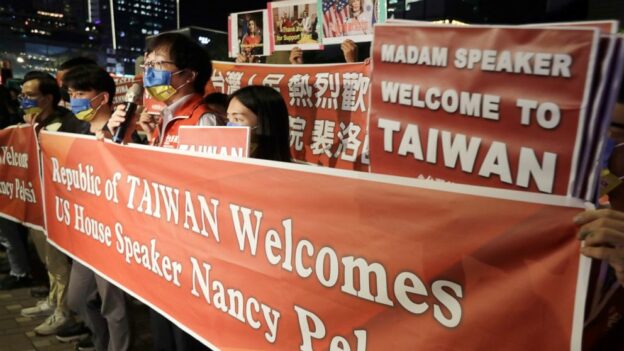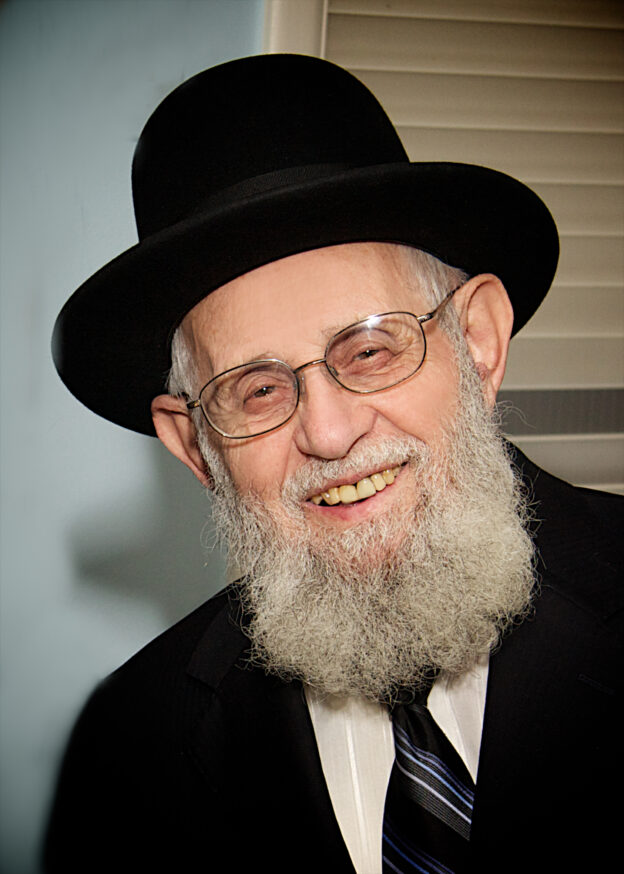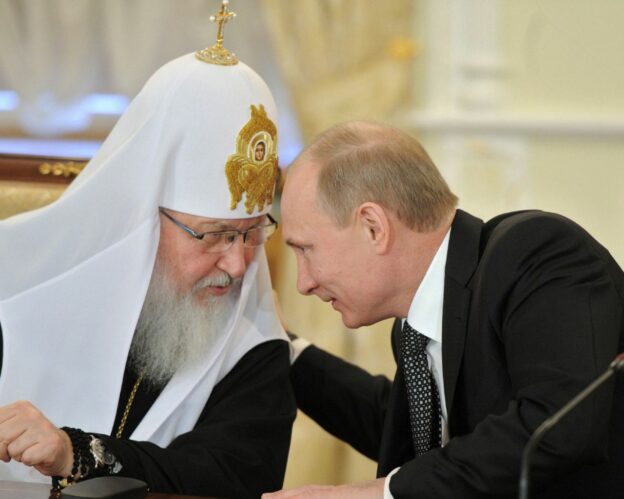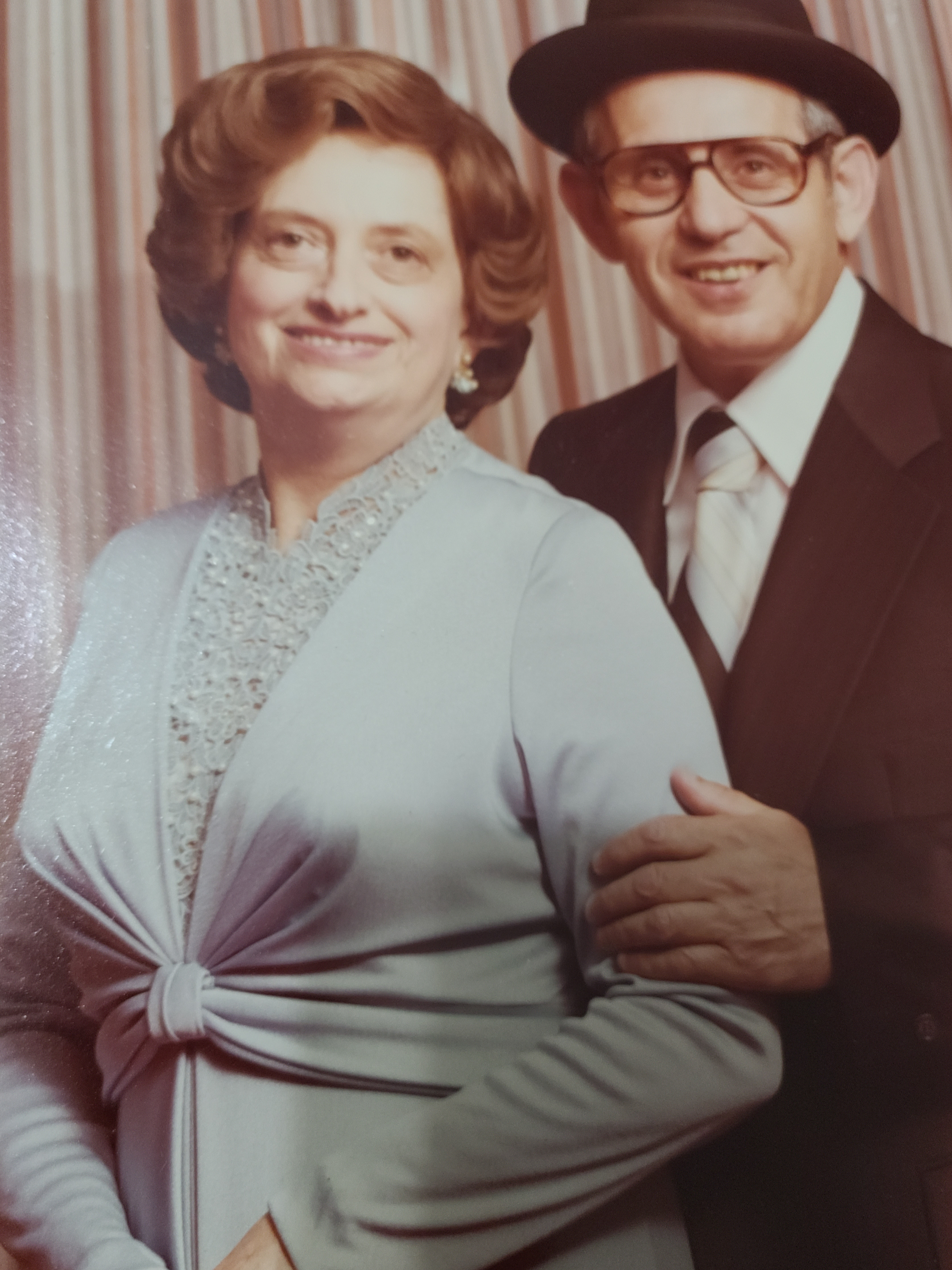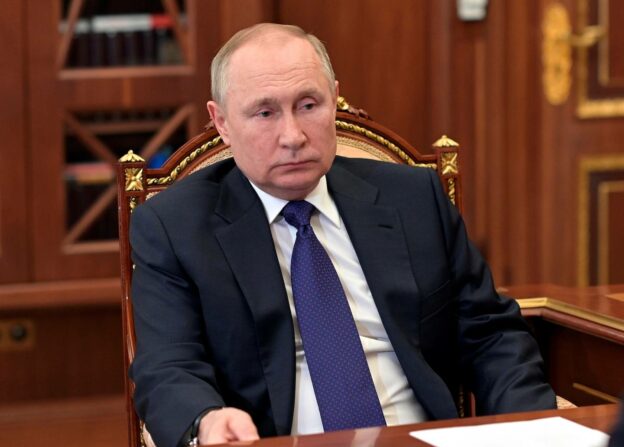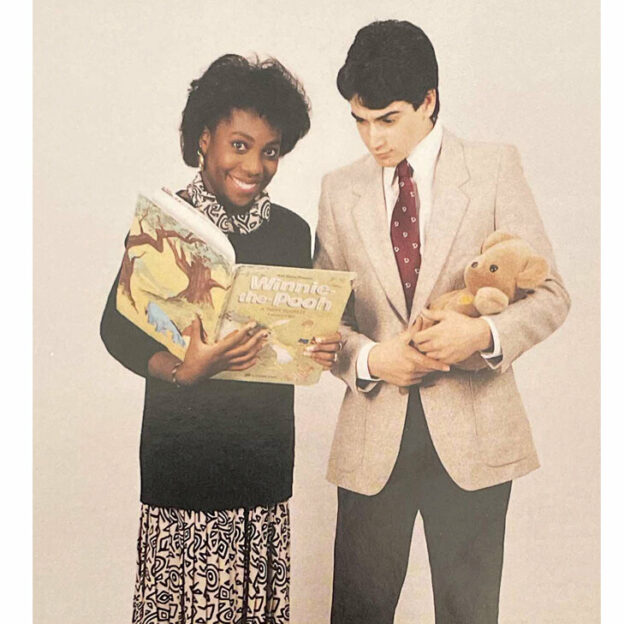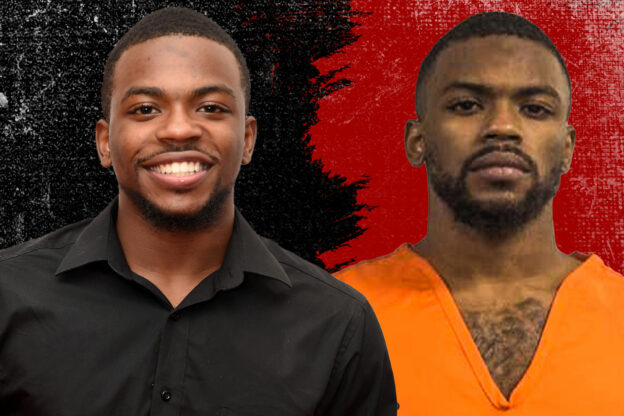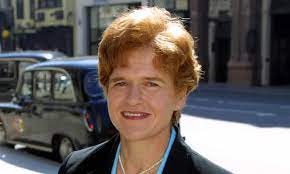Heard the one about the mysterious $30,000 watch that was digitally removed from a photograph? The one where the photoshopper inadvertently overlooked the timepiece’s reflection on a polished table?
No? Well, please be patient. I’ll get to it.
First, though, some history of Christianity. (Yes, yes,, the watch story is coming.)
In 1054, a complex mix of religious disagreements and political conflicts led to what historians call “The Great Schism,” the splitting of Christendom into two branches: the Western Roman Catholic Church and the Eastern Orthodox one, the latter centered in Constantinople, today Istanbul. (As the 1953 song has it: “Why did Constantinople get the works? That’s nobody’s business but the Turks’.”)
Subsequently, a number of Eastern Churches established themselves. Among them are the Russian Orthodox church, one of the largest, some 90 million strong; and the Ukrainian one, with around 30 million adherents.
The current leader of the Russian church was born Vladimir Mikhailovich Gundyayev but is called Patriarch Kirill. He is a close ally of Russian President Vladimir Putin, sharing with him the vision of a “Russkiy Mir,” or “Russian World,” linking religious unity and territorial expansion; and he has not been shy about celebrating the Russian invasion of Ukraine.
Like practically all elite Russian clerics of the post-World War II era, Kirill is believed to have collaborated with the K.G.B., where Mr. Putin worked as a foreign intelligence officer for 16 years.
But Kirill wasn’t always a Putin minion.
At the end of 2011, he voiced criticism of fraudulent parliamentary elections. (In Russia, widespread election fraud is a reality.) And he said it would be “a very bad sign” if the Kremlin did not pay attention to the electoral mendacity.
Shortly thereafter, though, Russian media began reporting on luxurious apartments owned by Kirill and his family; as well as on rumors of billions of dollars in secret bank accounts, Swiss chalets and yachts.
And then (thanks for your patience) there was the watch, a Breguet Réveil du Tsar model, a rather high-end item.
A news website dug up a photograph from 2009 in which Kirill wore one. His underlings edited it out of the photo but neglected to edit the watch’s reflection on the highly-polished table on which the patriarchal wrist was resting.
After the ineffectual airbrushing, Kirill denied ever wearing such a watch, but its reflection on the tabletop ended up eliciting an embarrassed apology from the church.
According to a personal assistant to the patriarch, the orchestrated tarnishing of his reputation was interpreted by Kirill as a message from the Kremlin to behave.
And behave he did, ceasing all criticism of the Kremlin and throwing his full religious weight behind its decisions, including the one about conquering Ukraine. He called on the public to support the war so that Russia can “repel its enemies, both external and internal.”
Needless to say, the Ukrainian church has blasted Kirill, as have other Eastern Orthodox churches. And even the current Roman Catholic pope, Francis, who has made great efforts to bridge the gap between the Eastern and Western churches, tried to get Kirill to stand up to Mr. Putin. To no avail.
The pontiff reportedly told his Eastern colleague, “Brother, we are not clerics of the state,” but Kirill just read him a Russian claim that the invasion was necessary to protect “the Orthodox faithful” in Ukraine who remain loyal to the Russian church.
The pope later effectively warned Kirill, in a statement in the Corriere della Sera newspaper, not to “transform himself into Putin’s altar boy.”
Sergei Chapnin, a senior fellow in Orthodox Christian studies at Fordham University who actually worked with Kirill in the Moscow Patriarchate, compared the situation to the “mafia,” saying that “If you’re in, you’re in. You can’t get out.”
The Mob really is no place for a monsignor.
Kirill once told Russian state television that his grandfather, a churchman like himself, told him to never “be afraid of anything but G-d.”
It’s time for the grandson to include Putin in that “anything.”
Time, indeed. If he needs to, he can check his watch.
© 2022 Ami Magazine
